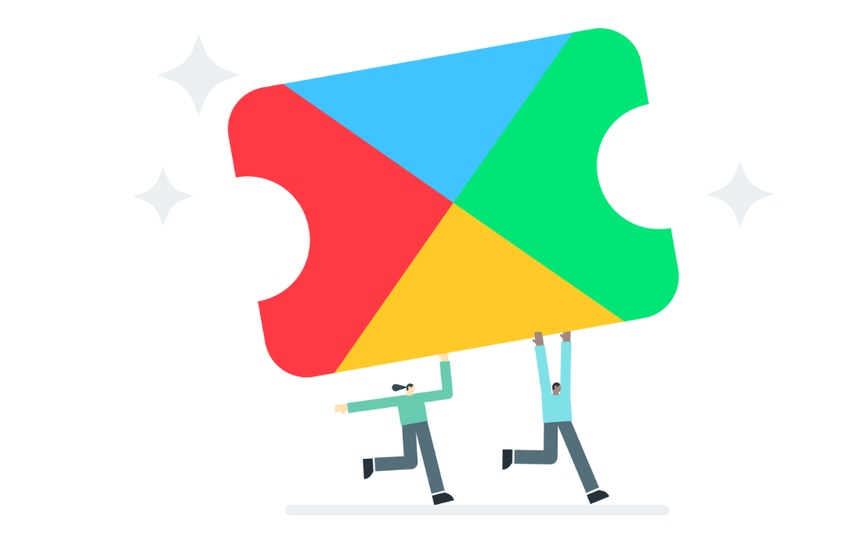The idea of aggregating entertainment services behind a single bill is not new, but Google has finally entered the fray with its Play Pass.
September 24, 2019

The idea of aggregating entertainment services behind a single bill is not new, but Google has finally entered the fray with its Play Pass.
For $4.99 a month, or $1.99 if you are quick enough, users will be able to access 350 apps and games without the worry of in-app purchases, adverts or up-front payments. It is a new type of business model for Google app ecosystem, but it is one which we believe will be of interest to the consumer.
“Play Pass offers a high-quality, curated collection of titles from Stardew Valley to AccuWeather, with new apps and games added every month,” Austin Shoemaker wrote on the Google blog.
“Play Pass is coming to Android devices in the US this week, and we’ll be bringing it to additional countries soon. You can get started with a 10-day free trial and subscribe for just $4.99/month. And for a limited time, you can get Play Pass for only $1.99/month for your first twelve months, then $4.99/month.”
Consumers might be familiar with some of the apps which have been added to the service, Terraria, Monument Valley, Risk, Star Wars: Knights of the Old Republic, or AccuWeather for example, though there does seem to be enough variety and depth to the library. Although $4.99 might not be deemed a huge amount of money, there will have to value justification.
With the idea of ‘data as a currency’ increasingly being criticised by regulators and politicians, we might see a shift back towards a more traditional version of commerce. If monetizing data becomes decreasingly profitable, the developers might just ask for money off the consumer.
As we move forward, and more of these aggregator services appear, the consumers wallet is going to become increasingly strained. This is where Google perhaps has an advantage over others in the digital economy; it has the relationships in place to develop value. The more value Google can offer, increasing the number of apps on the Play Pass in other words, the more attractive it looks to consumers.
The subscription business model is a new one for Google, and while it failed for original content, Google has heritage in the app world. This is an interesting proposition, one which we certainly like the look of.
About the Author(s)
You May Also Like








.png?width=300&auto=webp&quality=80&disable=upscale)


_1.jpg?width=300&auto=webp&quality=80&disable=upscale)


.png?width=800&auto=webp&quality=80&disable=upscale)